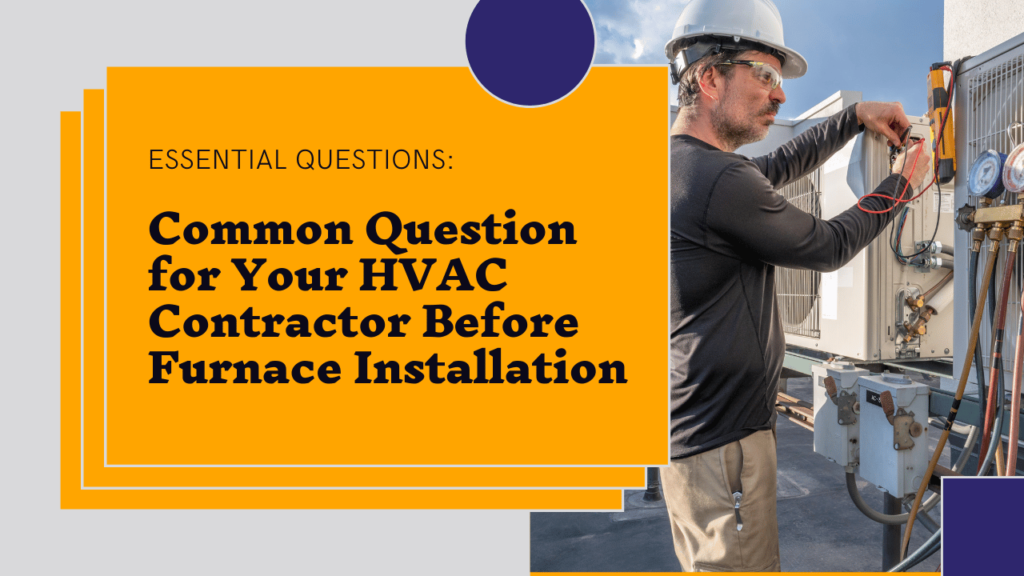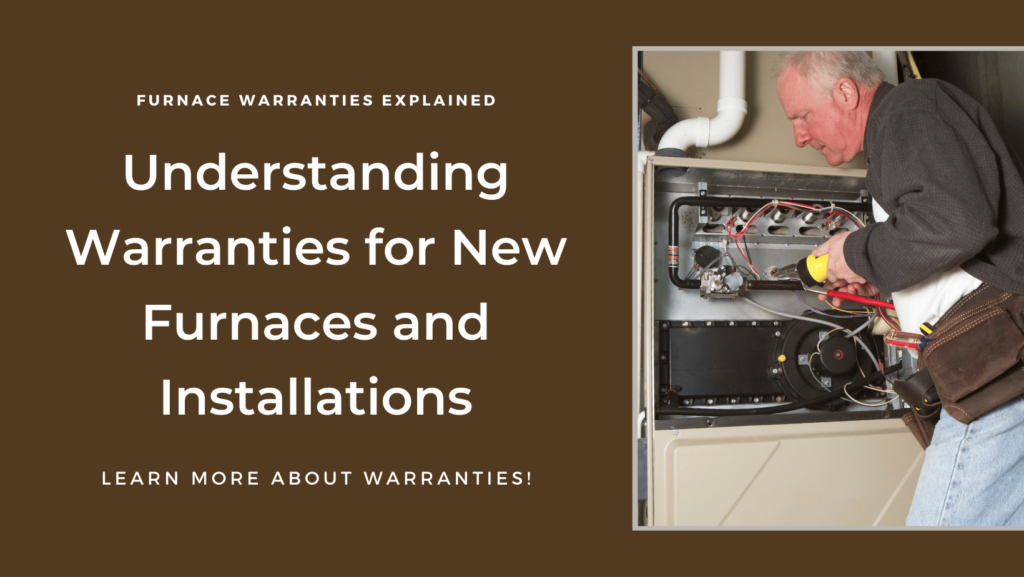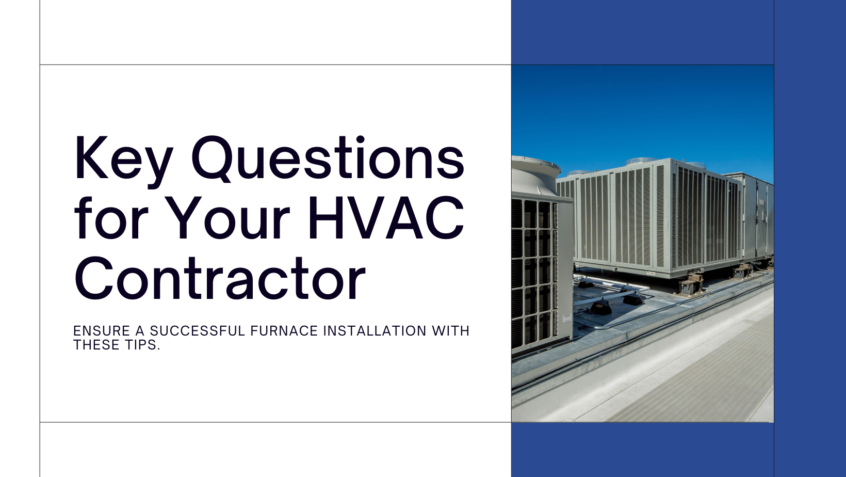Purchasing a new furnace is not done often; it is a big decision that will affect the quality of your home’s indoor environment, energy efficiency, and, of course, your pocket. That is why it is necessary to define the right questions one should ask the potential HVAC contractors before choosing them for managing the furnace replacement. The following are five fundamental
questions that you should ask any contractor you are hiring for the job.
What types of furnaces do you currently provide for your clients?
The first question one should pose to a potential HVAC contractor is what makes and models of furnaces that they stock and put into homes. Furnaces have various forms, offering the intended functions, varied efficiencies, and fuel types.

Common options include:
Gas furnaces — Generally, the least expensive and widely used type. Heating systems should use natural gas or propane.
Electric furnaces are more costly, but one doesn’t need to install gas lines or venting.
Most efficient models – These are more expensive initially, but the energy and money required for operation are lower.
Variable-speed and modulating furnaces – Allows for changes in heating output to match the desired rate, thereby enhancing comfort and efficiency.
You need to ensure that the contractor deals in reliable furnace brands that have extra features that are essential for the modern homes. The brands should at least meet the minimum AFUE standards. Question to find out all possible solutions.
Installation Process: What are the stages involved?
The furnace replacement process involves more than just removing the old furniture and replacing it with the new one.
Quality HVAC contractors follow best practices including:
Checking for existing problems in the existing ducts and gas lines.
This includes ensuring that the furnace size is appropriate to the size of the house.
One of the most recommended procedures is sealing of ducts and vents to ensure the best flow of air and productivity to the building.
Check for the presence of gas leaks and ensure that the vents function correctly.
Reducing or increasing the temperature and safety measures
They must be tested in operation and trained in the maintenance.
The contractor should explain to you their entire process of installation so you have an understanding of how the process goes. It should conform to the manufacturer recommendations and the recommended building standard.
How Many Hours and Days Will It Take to Complete the Installation?
From experience, a complete whole-home furnace replacement can take one to two days from the initial time it was commenced.
However, timelines can vary depending on factors like:
Proximity of specific rooms of the house to the central components of the HVAC system.
The actual process of venting and duct work on the other hand is a very cumbersome process.
If the new furnace is new, then the delivery time of the new furnace.
Whether it is being done as a part of any other remodeling projects.
Please make sure to clarify the time expectations as you plan. The contractor must offer an installation timetable and update you on schedule adjustments.
Are There Warranties for New Furnaces and Installation?
HVAC companies that are reputable should be able to back up their work, including furnace installations, with comprehensive warranties that will capture both the labor and the furnace.
Typical warranty terms are:
The BCs require the products to last ten years (or longer) on furnace heat exchangers.
About 5-10 years on various furnace parts.
It takes about 1-2 years for labor and workmanship.
Free maintenance services may also be offered, or extra warranty packages may also be provided upon purchase. Always request the full warranty terms of the in writing to understand the full details of what is protected in case there are problems with the system or the installation offered.

Technician Qualification and Training:
You want HVAC technicians familiar with the state building codes and the manufacturer’s recommendations for the safe and proper installation of furnaces. Enquire about the need for any certifications, licensing, or training to be completed upon entering the position.
For example:
NATE certification
EPA 608 certified for repairing air conditioning systems
Licensing for gas fittings and HVAC work, including licenses that may be required based on the geographical location.
Passing manufacturer-based courses
They also agree on the Better Business Bureau accreditation.
To prevent inefficient work and expensive mistakes, reliable contractors spend time and money on training to keep technicians up to date on the tools, technology, and techniques. Ensure they assure you that he/she can install a furnace as expected.
Choosing a furnace contractor might sound simple. However, it should not be taken lightly.
Making the correct inquiries when seeking information takes your confidence because you know it is placed on worthy hands to handle your furnace replacement. It is also important to note that you should not choose the first HVAC contractor you come across without first seeking several quotes from different contractors.
And this is not only the price—look at how much experience the company has, if they are trained, what kind of warranty they offer, and how professional they are. Taking your time in selecting the right furnace contractor to install your new system pays off in terms of cost and time and also ensures a safe system that will serve you for a long time.

